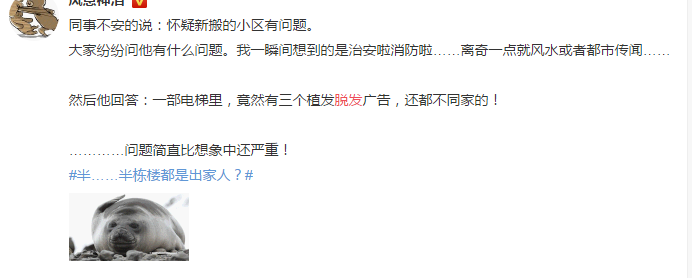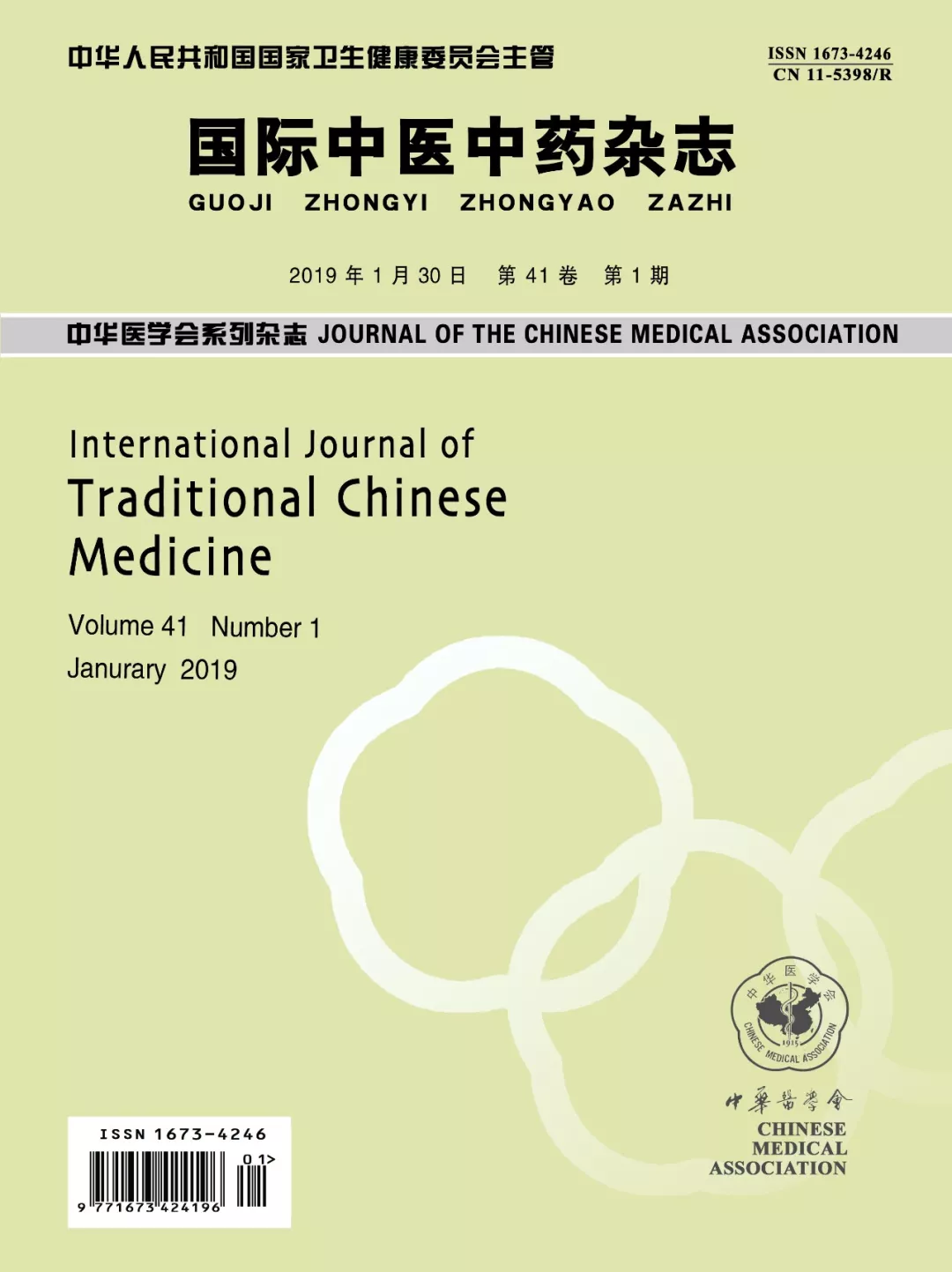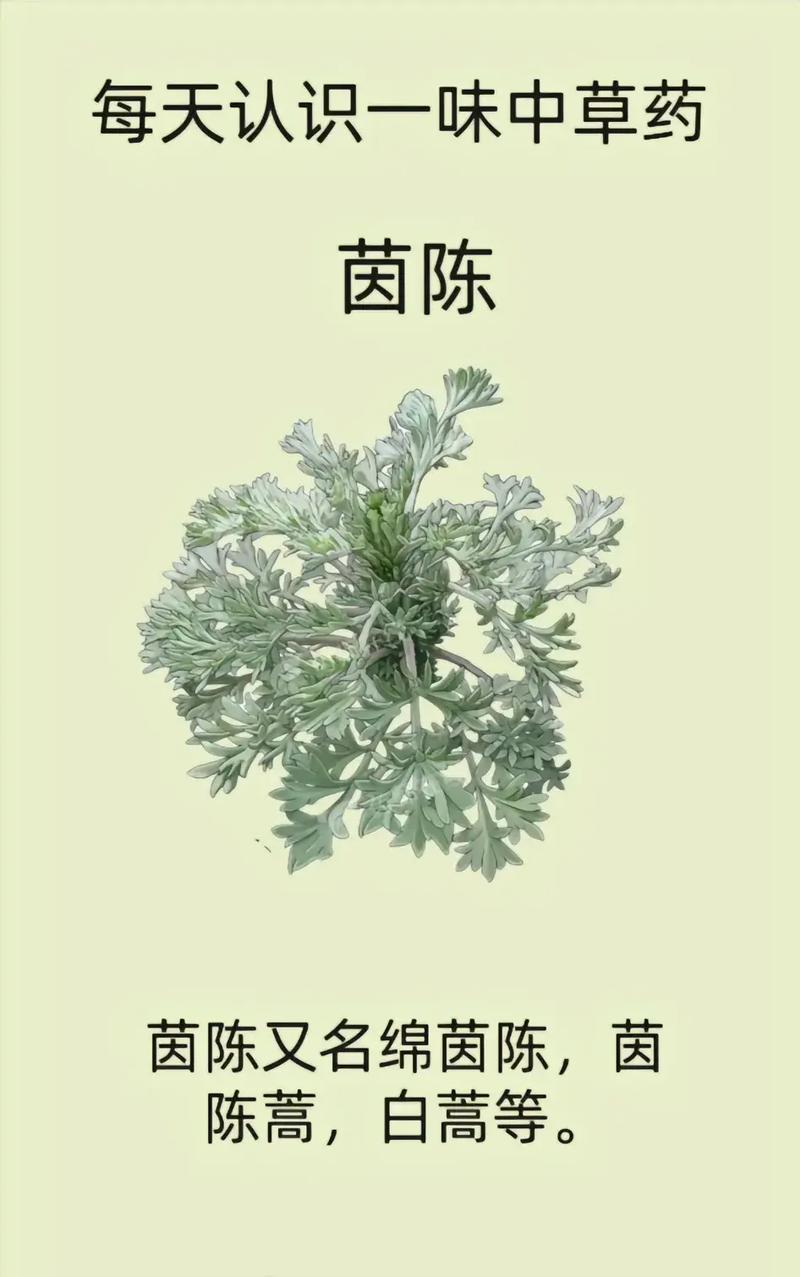医学英语短文-阿奇霉素耐药在亚洲有这么高啊!
这段时间肺炎支原体引起的呼吸道感染在各地高发,Tina在11月1日推出一篇肺炎支原体的文章医学英语短文-肺炎支原体,有兴趣的亲们可以听听哈。肺炎支原体的一线用药是阿奇霉素,据报道今年很多患者出现了阿奇霉素耐药,阿奇霉素属于大环内酯类抗生素,Tina在网上查阅了一些文献,找到2016年发表的一篇关于大环内酯耐药的文章,Tina将文章摘要及少量文章中内容摘抄下来,与大家分享。亲们可以在文章末点击阅读原文,看到作者的原文章。肺炎支原体这一波高峰估计慢慢过去了,随着天气越来越冷,流感病毒估计要传播肆虐了。亲们注意防护,身体健康最重要!
Take care of you and your family.
Have a nice weekend.
Mycoplasma pneumoniaecauses community-acquired respiratory tract infections, particularly in school-aged children and young adults. These infections occur both endemically and epidemically worldwide. Mycoplasma pneumoniae lacks cell wall and is subsequently resistant to beta-lactams and to all antimicrobials targeting the cell wall. This mycoplasma is intrinsically susceptible tomacrolidesand related antibiotics, totetracyclinesand tofluoroquinolones. Macrolides and related antibiotics are the first-line treatment of mycoplasma pneumoniae respiratory tract infections mainly because of their lowminimum inhibitory concentrations(MIC) against the bacteria, their low toxicity, and the absence of contraindication in young children.
肺炎支原体引起社区获得性呼吸道感染,尤其是对学龄儿童和年轻人。在全球范围内,肺炎支原体感染以地方性和流行性的形式发生。肺炎支原体缺乏细胞壁,因此对β-内酰胺和所有针对细胞壁的抗菌药物具有耐药性。这种支原体本质上对大环内酯类和相关抗生素、四环素类和氟喹诺酮类药物敏感。大环内酯类及相关抗生素对细菌的最低抑菌浓度(MIC)较低、毒性低且无幼儿禁忌症,因此,此类抗生素是治疗肺炎支原体呼吸道感染的一线药物。
The newer macrolides are now the preferred agents with a 7-to-14-day course of oralclarithromycinor a 5-day course of oralazithromycinfor treatment ofcommunity-acquired pneumoniadue to mycoplasma pneumoniae, according to the different guidelines worldwide.
根据世界各地的用药指南,新型大环内酯类药物现已成为治疗肺炎支原体引起的社区获得性肺炎的首选药物,其中包括7至14天的口服克拉霉素疗程或5天的口服阿奇霉素疗程。
Before 2000, M. pneumoniae infections were easily treated using macrolides because only rare cases of resistance to macrolides had been reported inclinical isolates. Since 2000, macrolide resistance rates have been rising up to 90–100% in Asia, hindering the efficacy of common antibiotic regimens. The high macrolide resistance rates are certainly associated withantibiotic selective pressurebecause ofextensive macrolide use.
2000年之前,在临床分离病株中仅有极少数对大环内酯类药物耐药的病例报道,肺炎支原体感染可被大环内酯类药物轻易治疗。但自2000年以来,大环内酯类耐药率在亚洲已上升至90-100%,影响常见抗生素治疗方案的效果。由于大环内酯类药物的广泛应用,因此较高的大环内酯类耐药率必然与抗生素选择压力相关。
Because this resistance has clinical outcomes such as longer duration offever, cough and hospital stay,alternative antibiotic treatment can be required, including tetracyclines such asdoxycyclineandminocyclineor fluoroquinolones, primarilylevofloxacin, during 7–14 days, even though fluoroquinolones and tetracyclines are contraindicated in all children and in children < 8 year-old, respectively.
由于大环内酯类药物耐药会有临床表现,例如发烧、咳嗽和更长的住院期,因此可能需要替代抗生素治疗,包括四环素类药物,如多西环素和米诺环素,或氟喹诺酮类药物,主要是左氧氟沙星,用药7-14天。但氟喹诺酮类药物所有儿童(18岁以下)禁用,四环素类药对8岁以下儿童禁用。
Tina空中微课堂系列课程,
进入CCtalk,还有更多课程啦!
《医学英语术语学-儿科医学》(2023)
《基础医学英语词汇》(2023)
《硕博英文自我介绍写作》(2022)
《医学英语术语学-口腔医学》(2022)
《医学英语术语学-妇产科医学》
《医学英语术语学》(1.5版)
《医学英语术语学-肿瘤医学》
《医学英语术语学-眼科医学》












